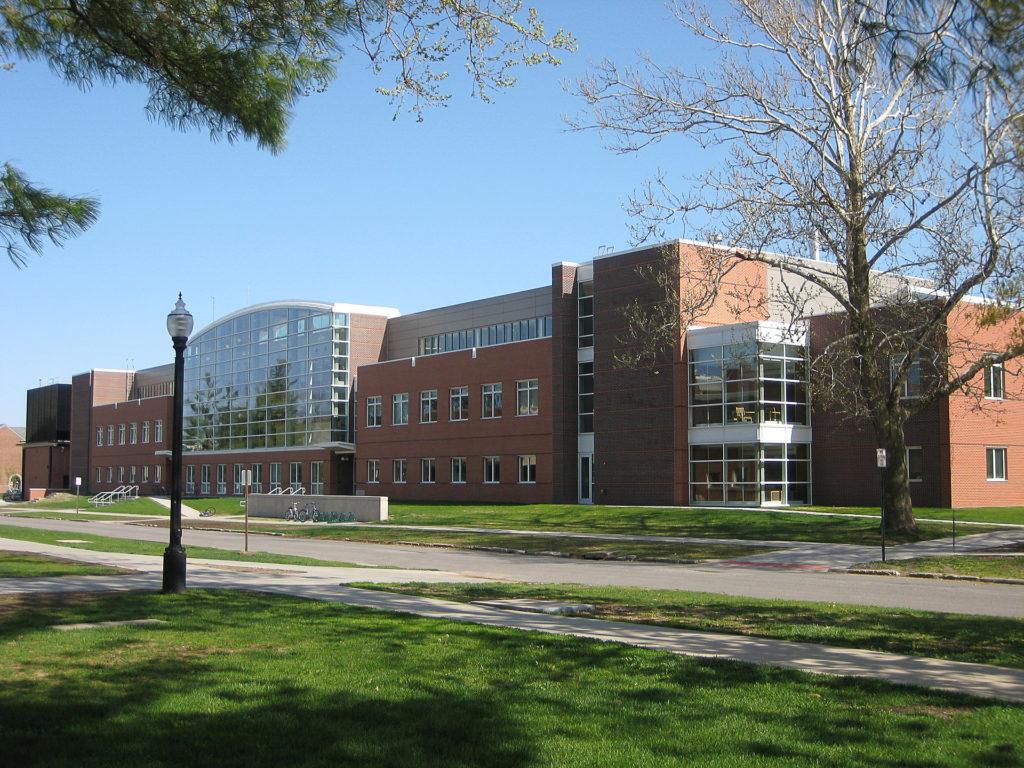On Tuesday, Nov. 6, Grinnell College will hold an open session at 11 a.m. in JRC 101 for students, faculty and staff to discuss their perspectives on the College’s ongoing accreditation evaluation process. This session will follow a gathering that happened last week, during which administrators met with student leaders to discuss their perspectives on how the College handles issues of inclusion, governance structures and available resources on campus. The event is to prepare for when five peer reviewers from the regional accreditation body, the North Central Higher Learning Commission, will meet with Grinnell College representatives to evaluate whether the College qualifies for reaccreditation.
Accreditation occurs every ten years and determines whether a college is eligible for federal funding. The college president Raynard Kington and Board of Trustees, according to associate dean and member of the chemistry department Mark Levandoski, will represent the College. If all goes as planned, the college will receive confirmation of their accreditation by the end of the semester.
Although the College has remained continuously accredited for over 100 years, the process of securing funding is extensive. Levandoski has worked for the last two years to create a comprehensive profile for the college, which includes information about the mission statement, the College’s core values of social justice, diversity and integrity, and evidence such as the Student Handbook and Advisor’s Handbook.
Levandoski emphasized the importance of the cause, as remaining accredited and securing federal funding is extremely important in providing a positive environment for their students.
“If you don’t have federal funding for students to attend your university, you might have trouble making your institution work,” Levandoski said. However, he remains confident that “[accreditation] should not be a problem for Grinnell,” as it is “an exceptionally high-functioning institution.”
Levandoski identified five facets of the College that hold particular relevance in the evaluation process. First, the mission of the College and how it’s implemented in the day to day life of students and faculty; second, the structures on campus meant to promote ethical conduct and improve campus climate; third, the high quality of teaching and emphasis on academic excellence at Grinnell; fourth, the improvements and expansions to the academic programs; fifth, the resources and institutional effectiveness of the college.
At the last accreditation evaluation in 2008, the committee discussed issues such as diversity, institutional research, governance, student assessment and learning, faculty retention and mentoring, and student affairs.
Following the feedback given in 2008, Grinnell has implemented new policies around diversity and inclusion, which are highlighted in the 2018 report to the Higher Learning Commission.
“We talked a lot about our work in diversity and inclusion over the last 10 years, because we’ve done a lot of work over that time period,” Levandoski said.
After hearing from the staff and student body, the commission this year will communicate with the College about potential areas of improvement in their policy. Levandoski said the College then takes that feedback and works to enact change.
“We think about how to improve things and then we implement plans that will lead to those types of changes,” Levandoski said.
According to Levandoski, the student participation in the accreditation process is extremely important.
“They want to hear from you, they want to understand what it’s like to be a student at Grinnell,” Levandoski said.






















































